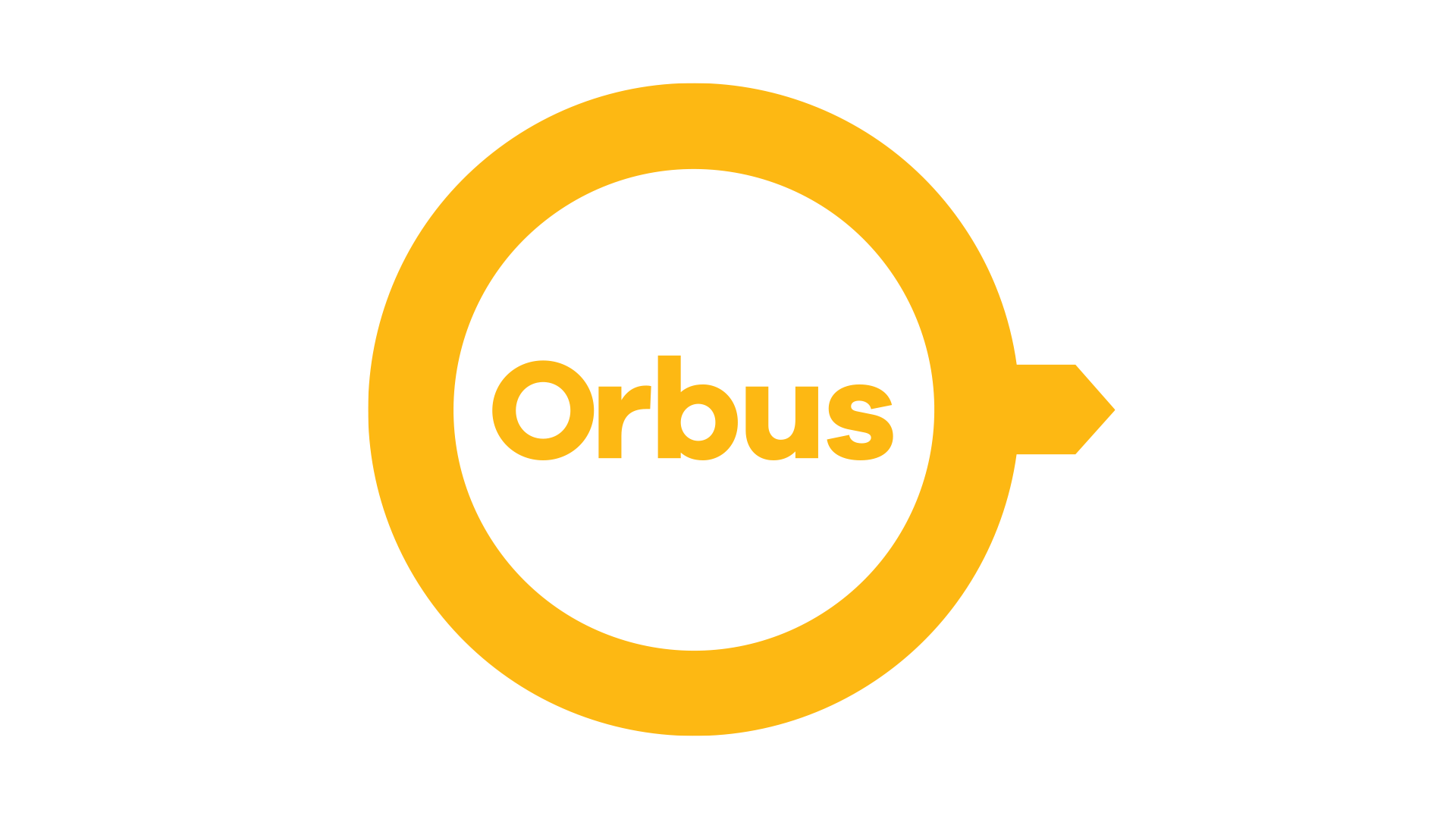The number of bus trips taken in Dunedin from July to December 2023 was 1,670,619, a 28% increase compared to the same period in 2022.
Patronage from July to December exceeded not only the last six years, but also the full year patronage for both the 2020/21 and 2021/22 financial years.
ORC Councillor Andrew Noone says, “It’s exciting to see numbers rising. The increase in both Queenstown and Dunedin shows people are making good use of our bus services – a growing trend in Otago.”
The new Mosgiel express bus is also boosting passenger numbers with nearly 7,000 passenger trips taken on the 78 service since it launched six months ago.
“A passenger survey was put out for this service late last year and will be used to assist in shaping future service planning,” says Cr Noone.
Survey highlights include:
- Survey respondents rated the Mosgiel Express service an average 7.20/10
- The usual Mosgiel service had an average rating of 7.19/10
- The bus service in general had an average rating of 7.32/10
In Queenstown, bus use also jumped significantly, with people taking 928,348 trips between July to December 2023, an increase of 44% compared to the same period in 2022.
“Our Queenstown services are being well used, with patronage at a six year high,” says Cr Noone.
Meanwhile the number of people using ferry services decreased by 23%, though revenue was up 3%.
“While numbers did rise in December, it’s thought the decrease was due to discounted fares coming to an end.”
Queenstown Public Transport Business Case endorsed
The Queenstown Public Transport Business Case, which sets out plans for a public transport system that will achieve the greatest mode shift towards public transport in the Whakatipu Basin over the next 30 years has been endorsed by Council.
Cr Noone says, “The proposed change in public transport service would see a frequent, high-capacity bus and ferry network running from the early morning to late at night. The result would be a bus network that makes it easy for locals and visitors to travel around the Whakatipu Basin without having to plan ahead.”
The business case also identifies how the public transport fleet can be decarbonised by introducing electric bus technology.
The next step is the endorsement of the business case by ORC’s Way to Go partners, Queenstown Lakes District Council and the New Zealand Transport Agency.
Technology to give better bus information
Electronic signs to give people real-time tracking information about buses are expected to be installed in Dunedin and Queenstown from March.
In the 23/24 annual plan, ORC allocated $500k (49% local share funding and 51% FAR) for Real Time Information (RTI) improvements.
Cr Noone says, “Thirty solar-powered electronic bus stop signs will be installed in coming months, ten in Queenstown and 20 in Dunedin. This will be followed by the installation of another 40 across the Otago network, while planning for the installation of this technology is underway for Queenstown Airport in addition to this number."

